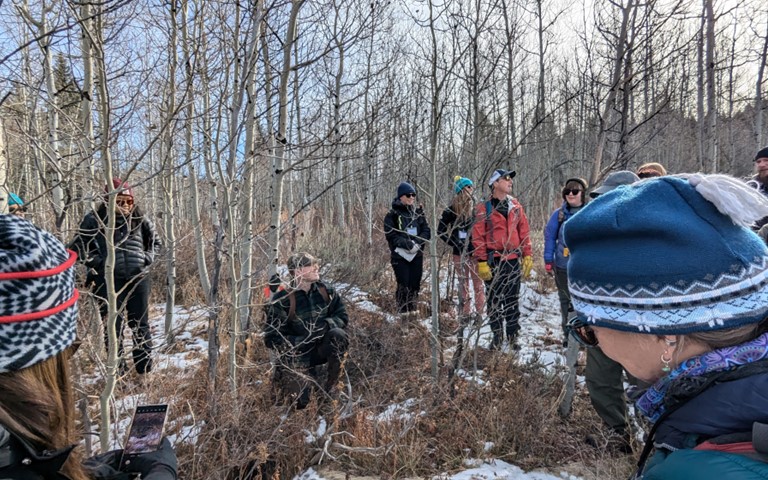Every step counts: Y2Y’s 2024 impact report is here
Discover the difference you made in 2024 in Y2Y’s latest impact report.

Discover the difference you made in 2024 in Y2Y’s latest impact report.

One of the most important steps to addressing climate change? Preserve nature first.

In 2024, we proudly supported projects that are transforming conservation efforts across the Yellowstone to Yukon region.

Through a generous contribution, Fondazione Capellino is supporting Y2Y’s efforts to connect and protect landscapes, ensuring a future where people and wildlife can thrive together.

Community perspectives are helping balance winter recreation and wolverine conservation thanks to the work of Y2Y’s 2024 Sarah Baker grant recipient, Eli Estey.

To help ensure nature and outdoor traditions thrive, we should strengthen and support the agencies responsible for caring for our public lands — not weaken them.

What happens when traditional knowledge and scientific expertise unite for caribou?

The governments of Canada and the Northwest Territories signed a groundbreaking nature agreement, which will support Indigenous-led conservation, habitat restoration, and wildlife protection efforts.


How can Alberta protect its most treasured ecological gems while also supporting economic growth?